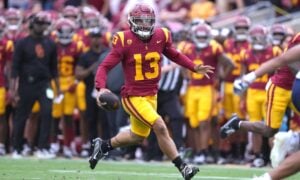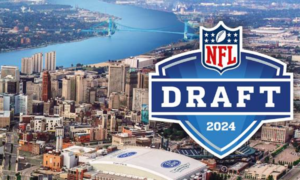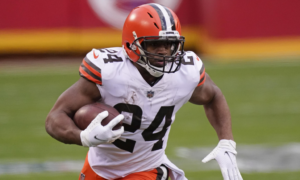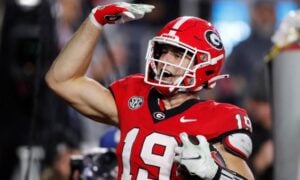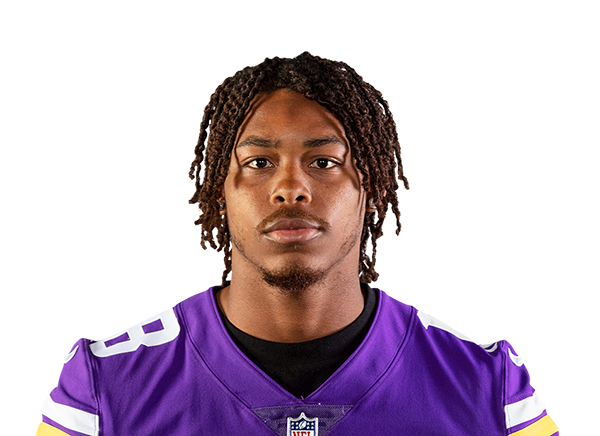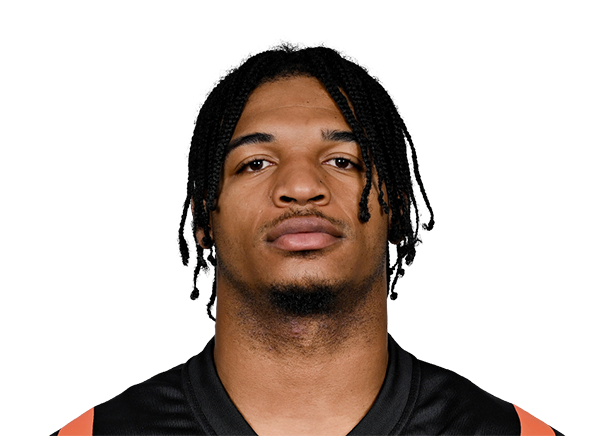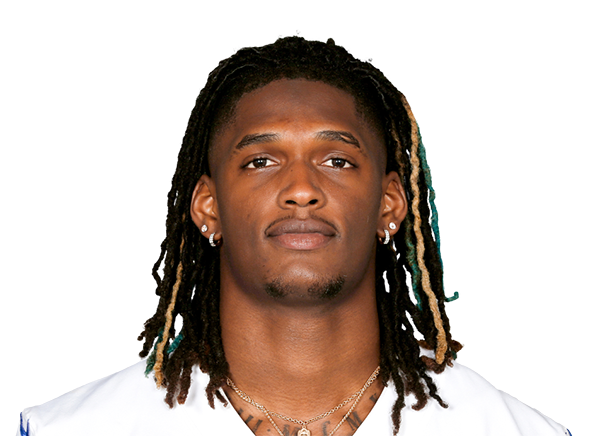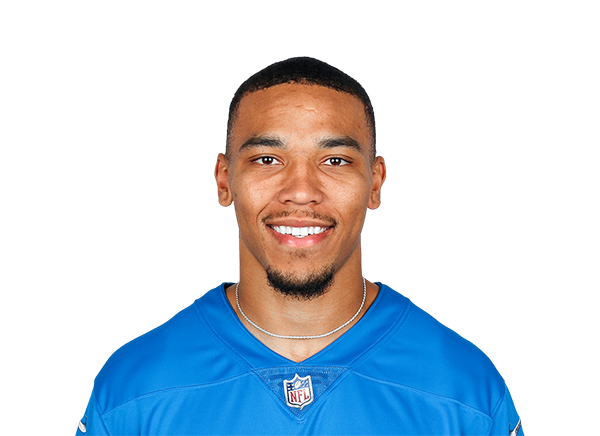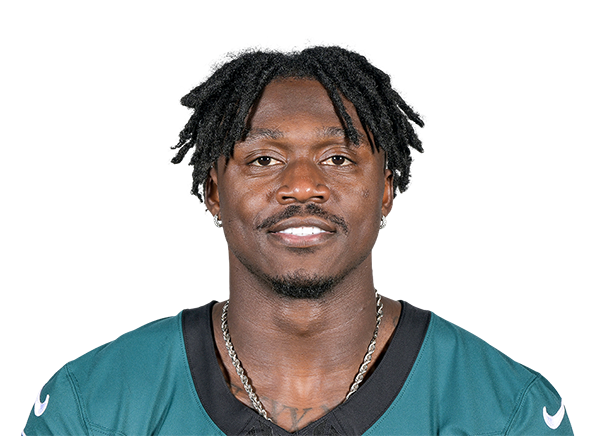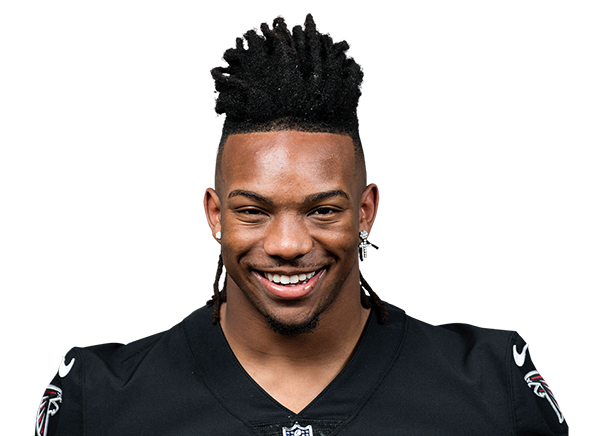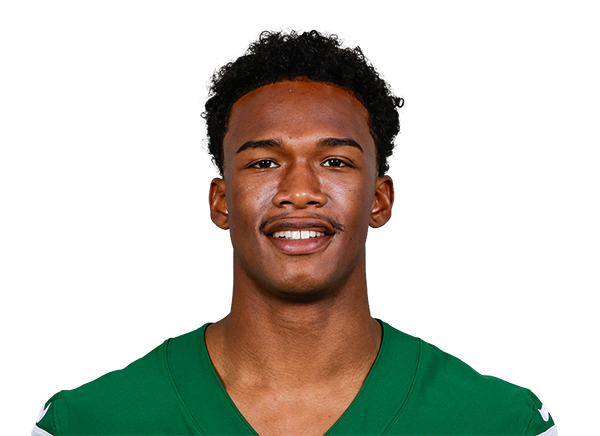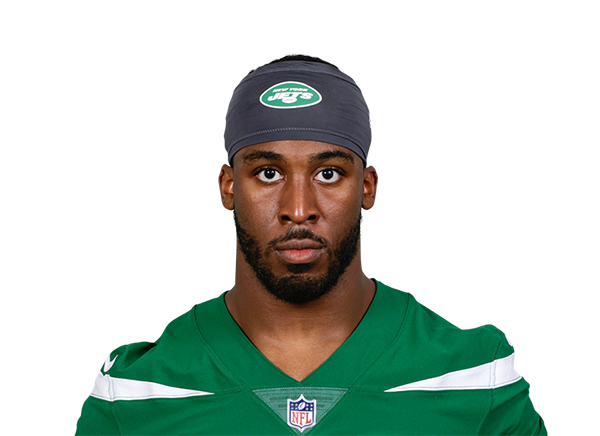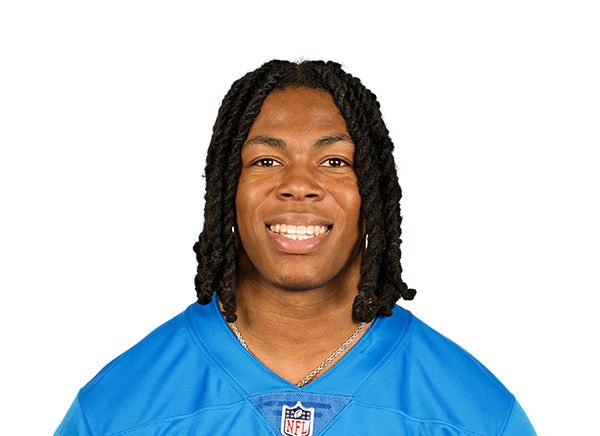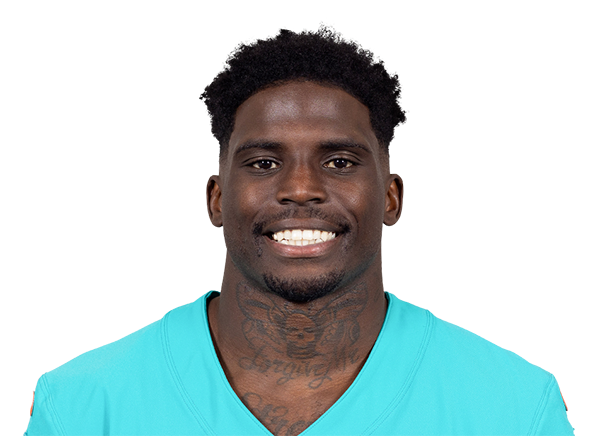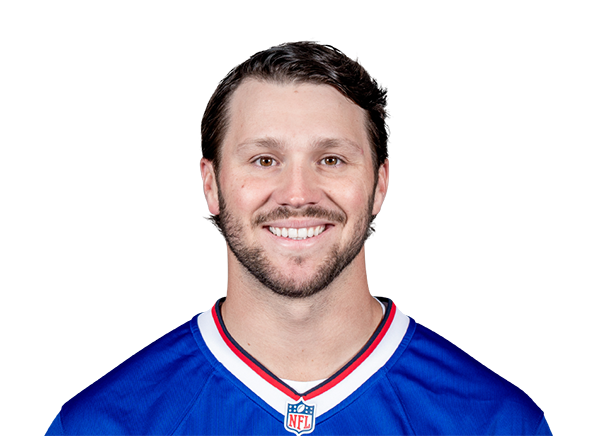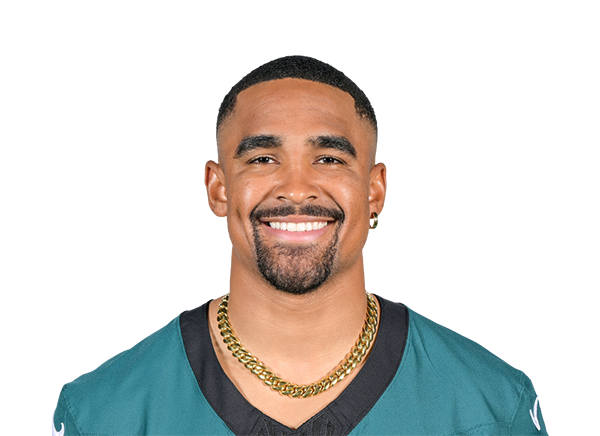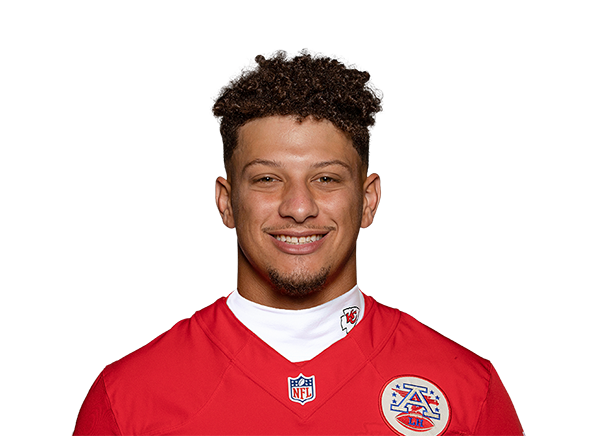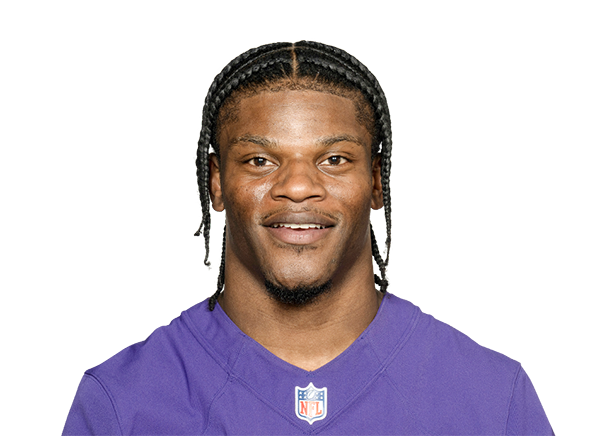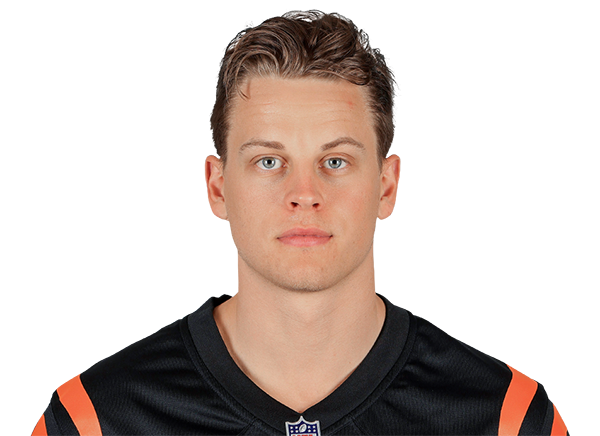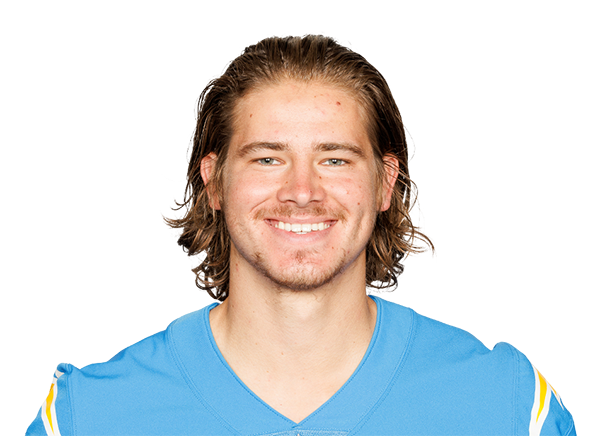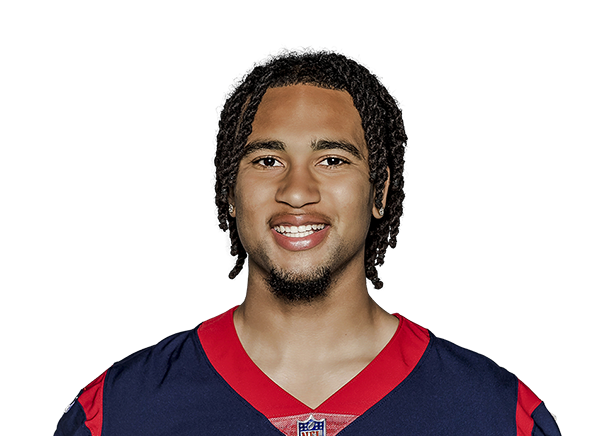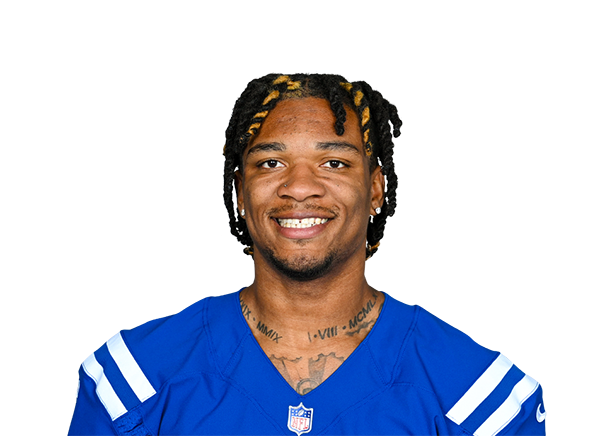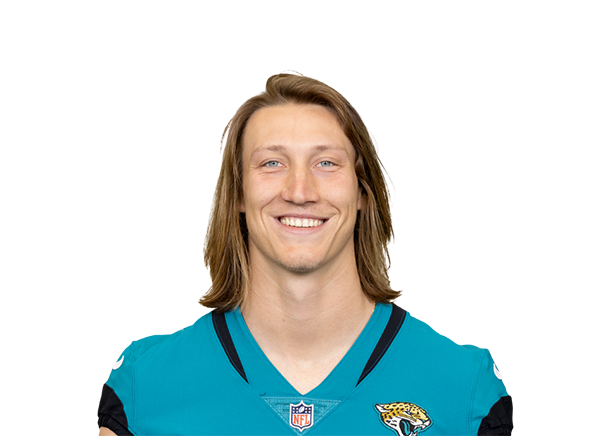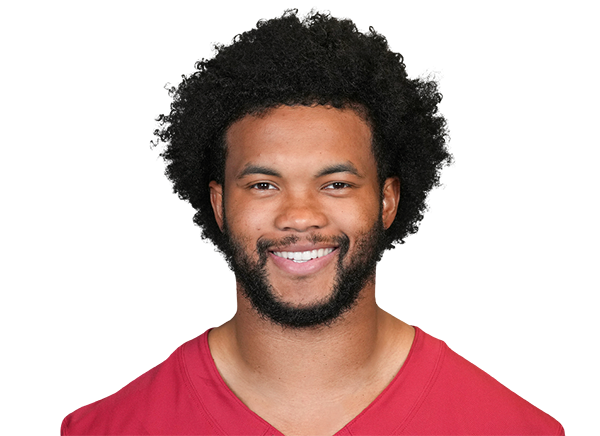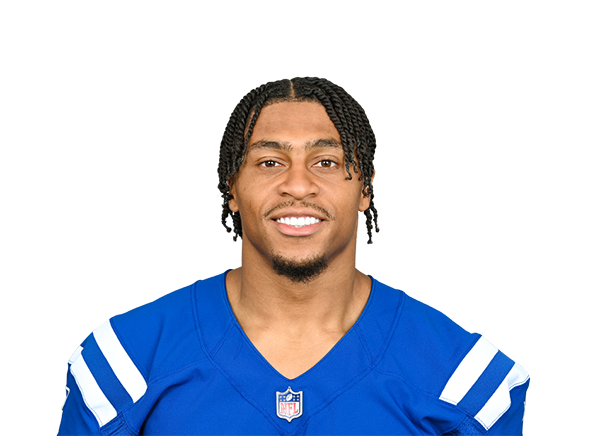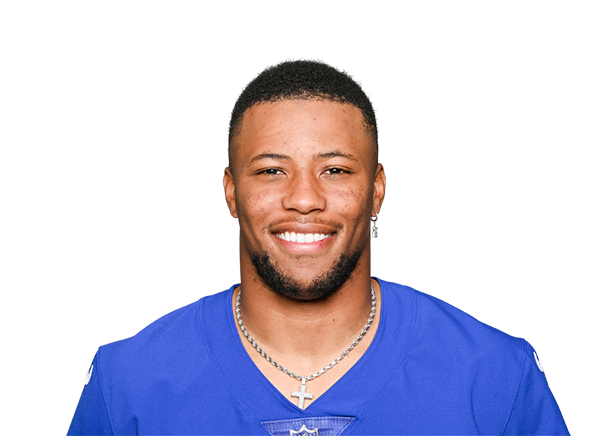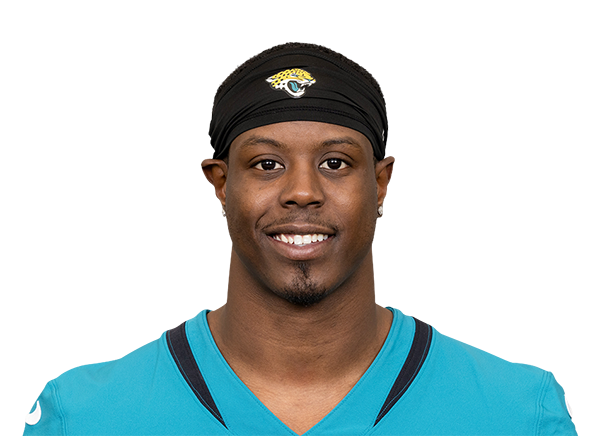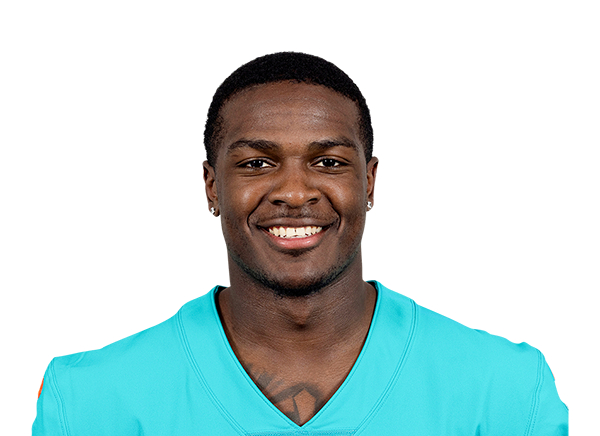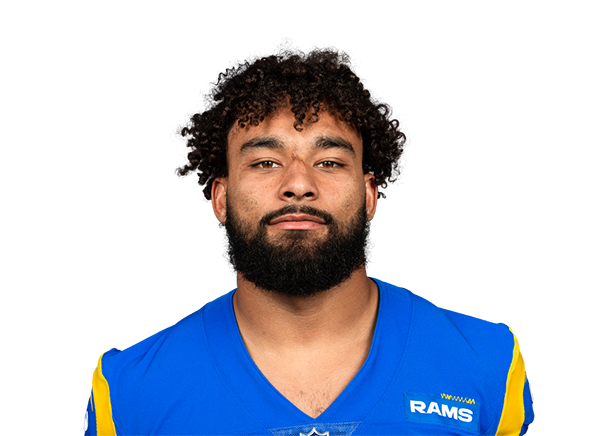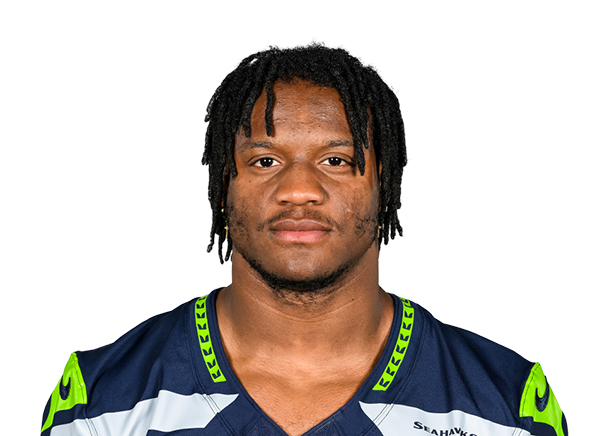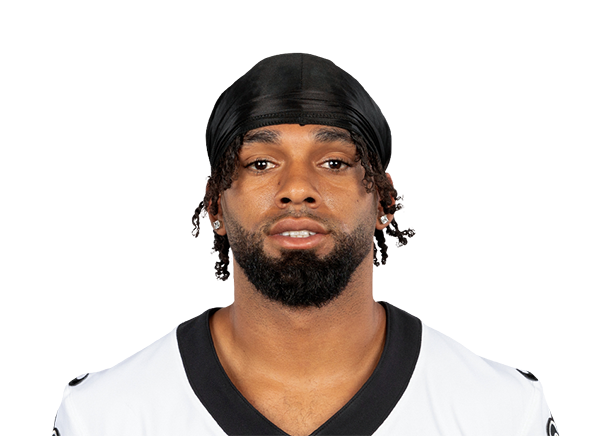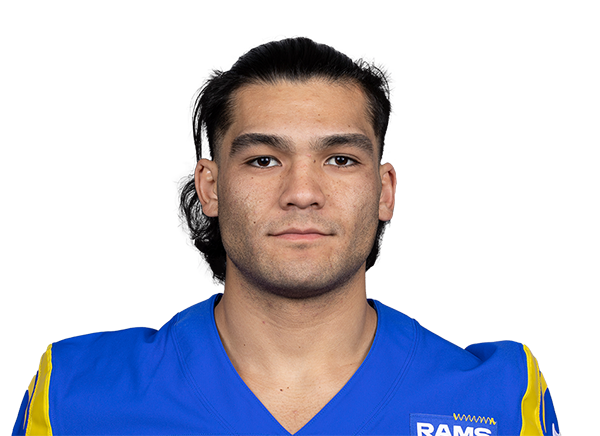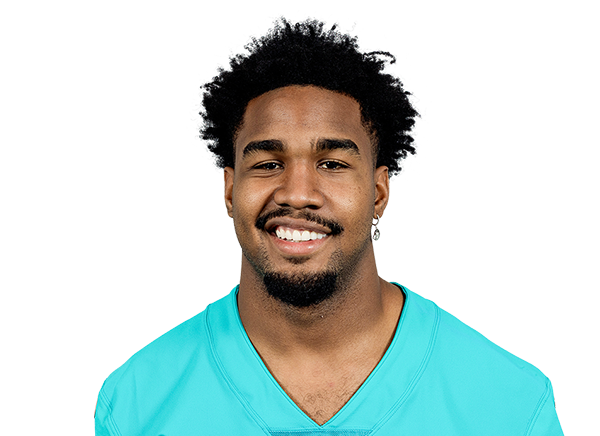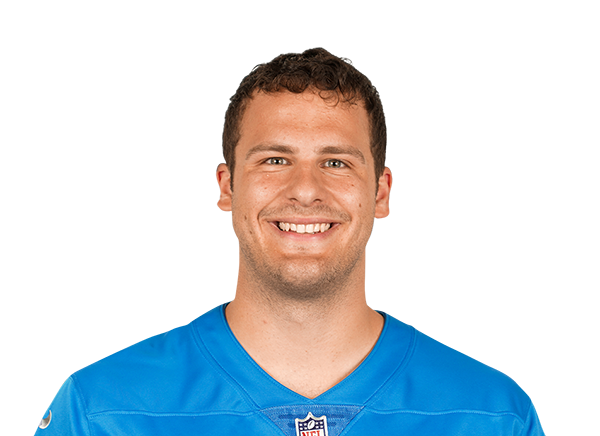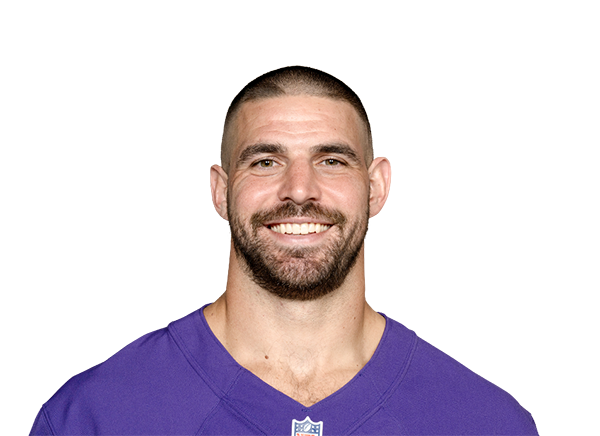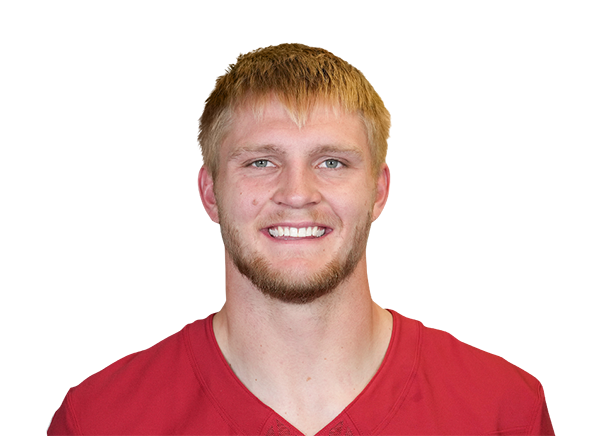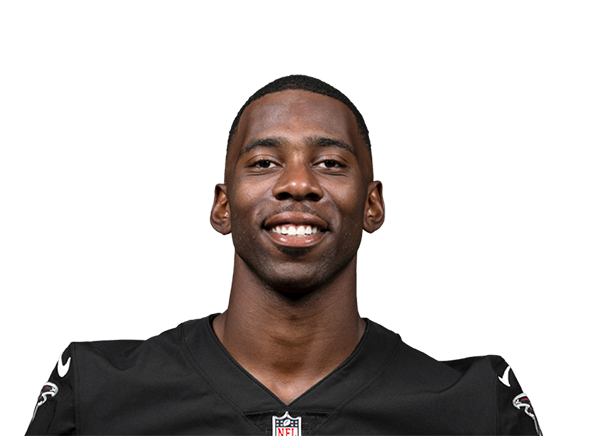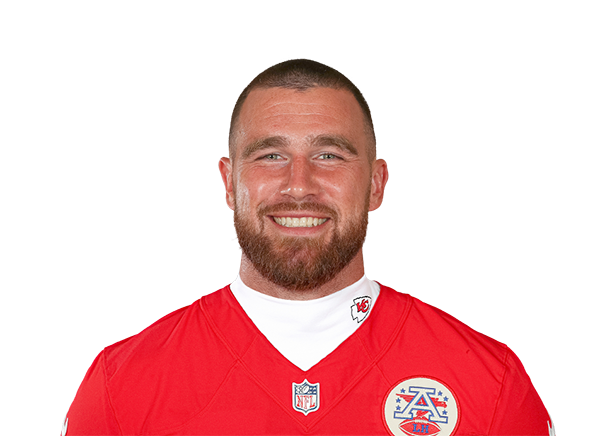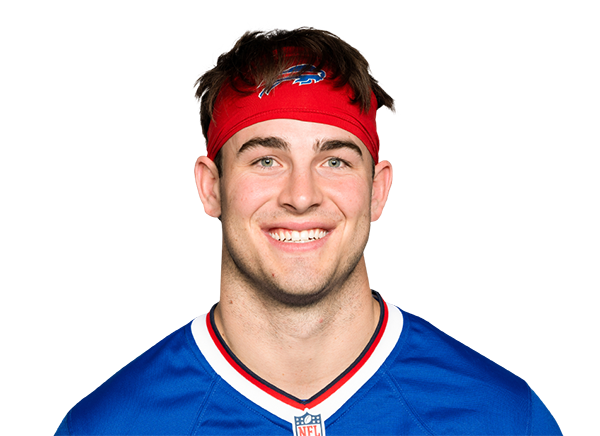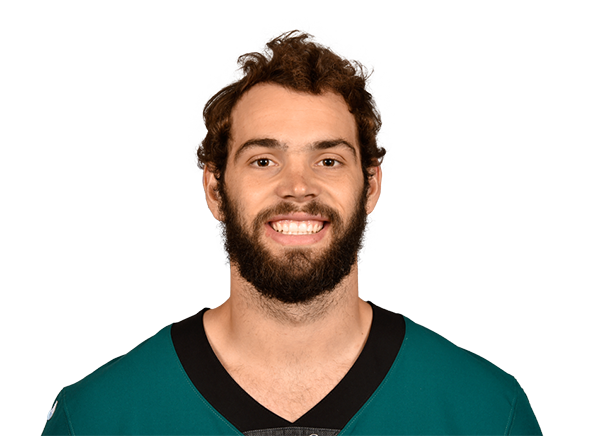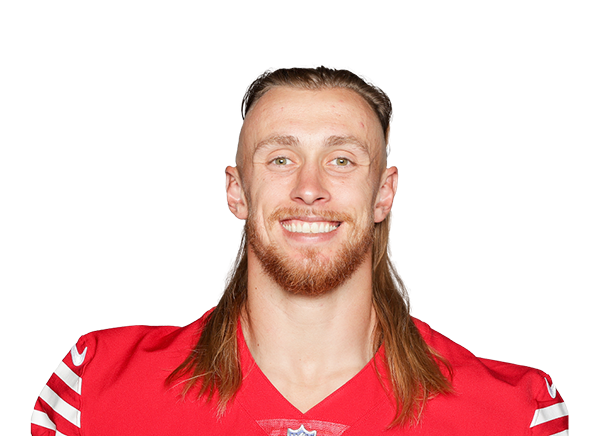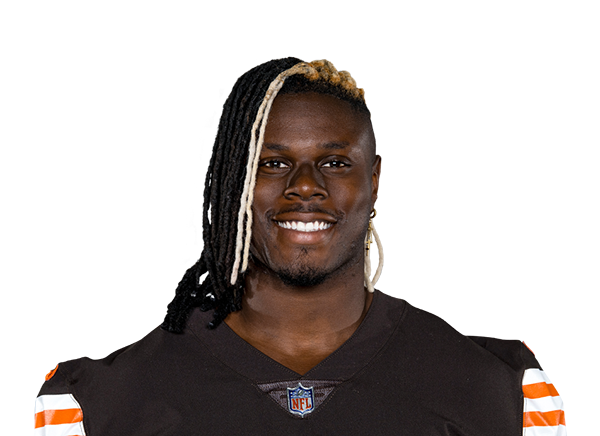Turning Back the Clock: Aging QB Performances
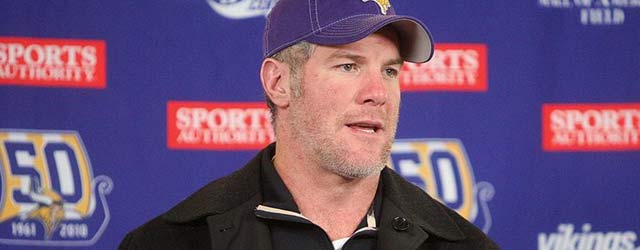
Old is such a relative word.
A car you bought 12 years ago is definitely on the old end of the spectrum, but a child who was born 12 years ago isn’t old by any means. Being a 33 year old guy, I don’t view myself as being old by any stretch of the imagination; however, if I was a professional athlete, I could very easily be past my prime or maybe even out of my sport all together. This article is the first of a three part series that will look at exactly what is “old” for various positions. The goal is to better assist you in buying and selling elite level talent before the drop off truly begins so that you can maximize your value.
In order to accomplish this, I will simply be looking back at five elite level talents at a position (quarterbacks in this case), and tracking how they produced as they aged. Again, these are elite level talents – guys who were in the top three of their position several times.
This isn’t going to help you figure out how long someone like Kevin Kolb or Alex Smith will be productive. However, this is meant to assist you in predicting elite guys like Drew Brees and Tom Brady, so you know what to expect as they get up there in years. Hopefully if you know what has happened in the past, it will help you to make informed buying and selling choices.
When I asked some of the other DLF writers what their prediction was, the general consensus was that there would be a drop off for quarterbacks right around 35 years old. In this article, I will look at the careers of five elite quarterbacks (Dan Marino, John Elway, Steve Young, Daunte Culpepper, and Brett Favre) to see if that is indeed the case. One quick note, all ages mentioned are their age at the start of the NFL season.
Dan Marino, QB Miami Dolphins
When you look back at Marino’s statistics, the first thing that jumps out to you is just how impressive his numbers were for a time when passing wasn’t what it is today. Not only that, but he did some amazing things when he was pretty young. If you thought that Cam Newton and Sam Bradford had impressive seasons when they were 22, you need to look at Marino’s. He set then records for passing yards (5,084) and touchdowns (48) when he was only 22! His second best year came at the age of 24, followed by his age 32 season.
Marino didn’t age all that well, though.
After he turned 32, he didn’t have a single season where he posted over 225 fantasy points by standard scoring, which is right about the cutoff between QB1s and QB2s. He was the odd ball of the group that I looked at in that he never really produced at an elite level once he was outside of his 20s (other than his age 32 season). He continued in the league until he was 37 years old, but never recaptured the dominance of his 20s. His 30s were still decent and didn’t show any signs of a steady decline, they just weren’t as good as his 20s. During his 30s, he was more of a high end QB2 instead of the elite QB1 he was in his 20s.
John Elway, QB Denver Broncos
As I looked at Elway’s numbers over the years, I was a little surprised at the trends that I saw. He started slow like most quarterbacks, not posting solid numbers until he turned 25. He stayed solid for a few years before hitting a mid-career slump.
Kind of like fine wine, Elway then became better with age!
His best years came during his age 37, 35, 36, and 33 seasons, respectively. While there was a significant drop in stats during his age 38 season (he missed 3 games with injury) his per game production was right on par with his best seasons. He retired after his age 38 season, never really showing a strong drop off in his stats over his last few years.
Steve Young, QB San Francisco 49ers
Most people know how Young stepped in after Joe Montana and continued the winning ways of the 49ers dynasty. What a lot of people don’t realize, or remember, is that Young was actually drafted by Tampa Bay and was so terrible over his first few years that the Bucs earned the first overall pick and took a quarterback (Vinny Testaverde) before trading Young to the 49ers.
It wasn’t until his age 29 season that he actually started significant games for the 49ers, and his age 30 season was his first full season as a starter. From then on, Young never looked back. He posted elite numbers from his age 30 season all the way through his age 36 season. There were a few missed games from injuries (mostly concussions), but when he was playing he was elite. During his age 37 season, all of that came to an end though as he suffered a major concussion during week three and never played another down.
Daunte Culpepper, QB Minnesota Vikings
Before Cam Newton, there was Daunte Culpepper. He exploded onto the scene with the Vikings in 2000 with nearly 4,000 passing yards, 500 rushing yards, 33 passing touchdowns, and another seven rushing touchdowns. The league hadn’t seen anything like him. He was big, fast, strong, could pass and run. Sound familiar?
Culpepper posted elite numbers from his age 23 season through his age 27 season, with his record setting age 27 season being the best (4,700+ passing yards, 400+ rushing, 41 total TDs). What many thought was going to be a record breaking and potential hall of fame career abruptly came to a halt during his age 28 season when he suffered a major knee injury (ACL, MCL, PCL tears). After that, he bounced around to three other teams, but never regained what he once had since he had lost the ability to use his legs like he did before.
Brett Favre, QB Green Bay Packers (plus Jets and Vikings)
When discussing aging quarterbacks and how they played throughout their careers, no analysis would be complete without discussing the old Silver Fox himself, Brett Favre. While he definitely made some questionable choices through his career with the constant retirement talk towards the end, the sexting scandal, choosing to play for the Jets (sorry Jets fans), and nearly being run out of the league due to a drinking problem right after he was drafted by Atlanta, he was one of the elite for nearly two decades.
His four best years were in his mid-twenties, ages 24-27, with his age 25 season being the best. During his age 39 season, he wasn’t far behind those numbers. In fact, he was just a few points off for the whole season! Favre put up QB1 numbers for many of his years during his 30s including the seasons where he was 31, 32, 33, 34, 37, and 39. His football career ended after his age 40 season, the first season in which he ever missed a game due to injury, but he produced almost his entire career.
What does all of this mean?
After looking at guys like Elway and Favre, I’m pretty comfortable saying quarterbacks that are elite level talents into their early and middle 30s seem to have the ability to remain elite for as long as they are playing the game, regardless of age. This is a very good sign for guys like Tom Brady and Drew Brees. As long as they are still playing, I’m calling them a QB1 regardless of age.
The one thing that seems to be able to stop an elite talent at the quarterback position isn’t age, but instead a major injury. That makes me a little concerned about Peyton Manning (neck), but there is still some hope for him. The injury issue seems to be more true for the mobile quarterbacks like Young and Culpepper, than it is for your pocket passers like Manning, Brady (torn ACL a few years back), and Brees (shoulder) who seem to be capable of coming back from major injuries. Young had major concussion issues (word of caution for Aaron Rodgers) that caused his career to come to a rather sudden end, though he did make it all the way until he was 36. For Culpepper, it was the knee injury that he couldn’t make it back from, which is something to keep in mind if someone like Newton ever blows out his knee.
Overall, elite quarterbacks seem to be able to keep it up into their late 30s without much of a drop off in production from where they were in their early 30s. Feel free to hang onto them and expect solid production all the way through their careers. Hope that they don’t get injured, especially the mobile quarterbacks, because it is the only thing that will stop them. Then the only real question you need to figure out is when they will retire so you can trade them the year before!
Good luck!
- Final 2021 Pre-Draft Rookie Mock: Round Three - April 28, 2021
- Final 2021 Pre-Draft Rookie Mock: Round Two - April 26, 2021
- Final 2021 Pre-Draft Rookie Mock: Round One - April 25, 2021







